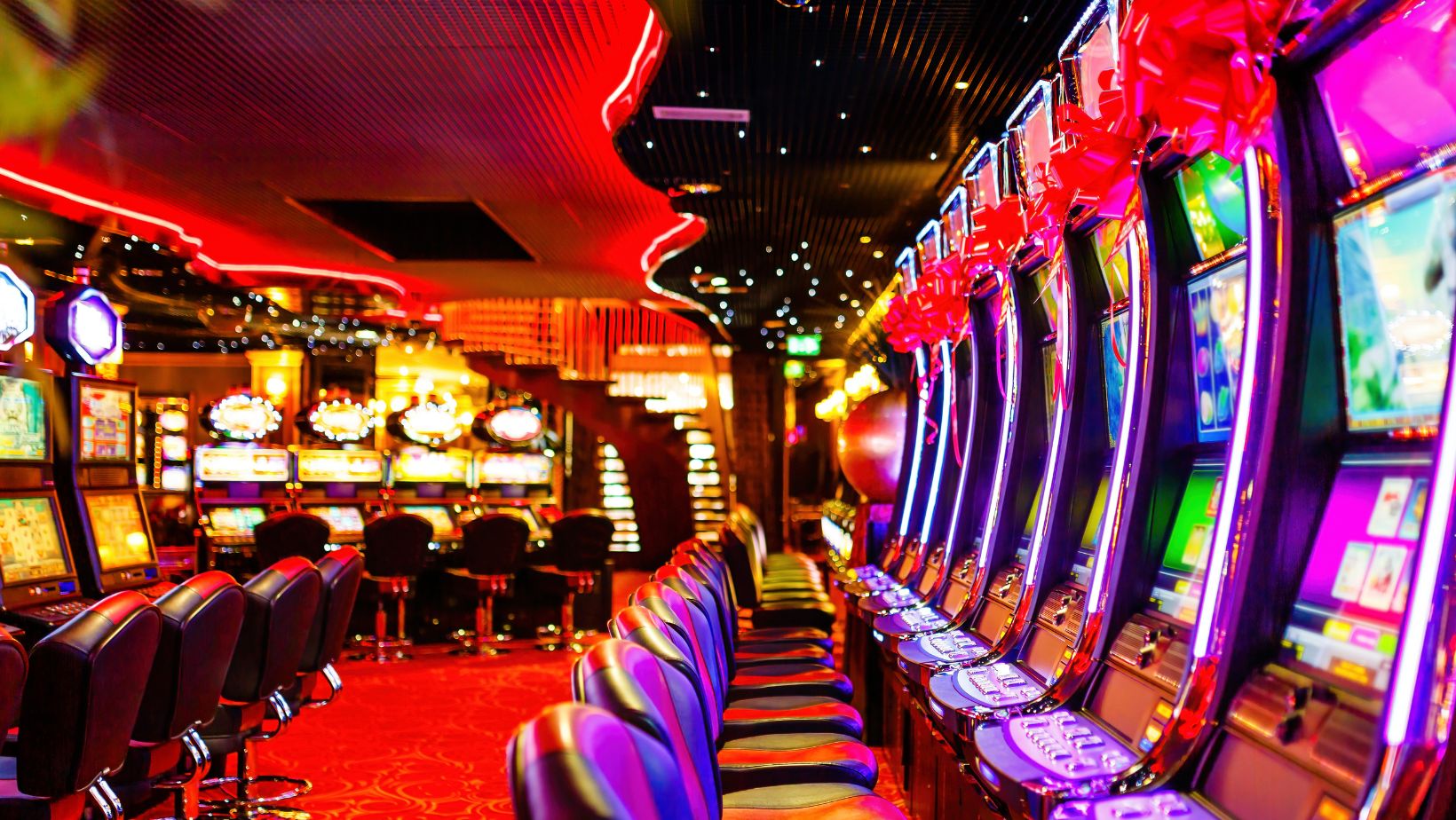
Banjo tuning is an art, not a science. The following are some of the most important factors to consider when selecting your next banjo tuner:
Banjo tuners are devices that are used to tune the strings of a banjo. There are many different types of banjo tuners, and they all have their own specific features. This article will provide you with information on how to choose the best one for your needs.
When you first begin playing a string instrument, the fact that you must tune it every time you play might be inconvenient. Of course, you grow used to it and it becomes a part of the game. It’s equivalent to double-checking the brakes before hitting the racetrack.
The Finest Banjo Tuners
But how can you know which wheels are excellent when you’re just getting started? Enough with the analogies now. There are a lot of tuner alternatives out there, and it might be difficult to choose the finest and most up-to-date banjo tuner. So, in this essay, I’ll attempt to simplify matters by responding to the question, “How Do I Choose the Best Banjo Tuners?”
When purchasing banjo tuners, there are a few things to keep in mind.
When shopping for the finest banjo tuners, keep the following considerations in mind:
- Not all tuners are equal in terms of compatibility. Some tuners aren’t capable of tuning a banjo, in other words. As a result, you must ensure that the tuner you purchase is capable of tuning a banjo.
- Physical Features: Now, “physical features” might be a perplexing combination of terms on their own, so bear with me while I explain. Having a tuner may make things a lot easier, but it’s useless if it makes things even more complicated. Getting a rotatable and vertically adjustable clip-on tuner is a huge benefit. You can slap it on the headstock and swivel the screen towards yourself for a better viewing angle and to watch the screen change notations in real time as you tune. You don’t “need” a clip-on, rotatable tuner, but it is quite useful. Compactness is another issue to keep an eye on. A tuner is a little device that doesn’t have to be as large as a power bank. A tiny one does the job just as well as a large one. It’s a lot simpler to transport and isn’t as distracting.
- If you’re a musician who often plays on stage, you know how difficult it is to get the crowd to quiet down during the setup, and you can’t ask them to do so. However, since most tuners function on the basis of sound, this poses a dilemma. They will function perfectly in a peaceful area, but good luck in a loud atmosphere. So, if you’re a professional musician or play on a regular basis, I recommend investing in a banjo tuner with a vibration sensor. Instead than depending on sound, it uses the vibrations created by the strings to help you tune your banjo. It’s quite awesome. It is, of course, more costly than a standard sound-based tuner, but it is well worth the investment.
The following is information on Universal Tuners:
There are tuners available that can tune practically any string instrument. I have one because I play numerous instruments, including the banjo (of course), guitar, bass, violin, and the keyboard, which is not a string instrument. If you play various string instruments, pick up one of these and you’ll be good to go!
Automatically Resolve PC Problems
If you want to have your PC problems instantly corrected as well as diagnose, list, and correct any registry flaws, we suggest utilizing the Restoro Repair Tool, which can handle all of this with just one click. Trustpilot has given it a 5-star rating, so you don’t have to be concerned.
Tuners for Banjos Across the Board
There are now additional ways to tune your banjo. If you’re a skilled banjo player, you’ve probably honed your hearing to the point where you can tune your instrument only with your ears. And, of course, don’t forget that there are countless web applications that can do the job just as effectively. They may be a little imprecise at times, but for the most part, they are useful and accurate.
Regardless, an electronic tuner offers numerous benefits that make it perhaps the ideal option for a novice or even a pro:
- Convenience is, without a doubt, the most significant benefit. Some people love the “tuning process,” and although you do grow accustomed to it, it has never been enjoyable for me. If you agree with that viewpoint, a tuner might be beneficial to you as well. You may use the string technique or educate your ears to tune, but both methods take time. It takes a long time to train your hearing to the point where you can tune your banjo in under a second!
- The accuracy of an electronic tuner is excellent. Your hearing may not yet be completely trained, and even if they are, there is still the possibility of human mistake. You should join in if you want to be in tune and entirely confident about it, particularly if you are a newbie. Even professionals should have one on hand in case of an emergency.
Conclusion:
The preceding was a guide to determining “How Do I Choose the Best Banjo Tuners?” I hope that was useful!
The “snark banjo tuner” is a very popular banjo tuner. It offers many features that allow for easy tuning. It also has an app that allows users to tune their instruments with the help of the internet.
{“@context”:”https://schema.org”,”@type”:”FAQPage”,”mainEntity”:[{“@type”:”Question”,”name”:”What is the most common tuning for a banjo?”,”acceptedAnswer”:{“@type”:”Answer”,”text”:”A: For a banjo, the most common tuning is GDAE.”}},{“@type”:”Question”,”name”:”What Hz should I tune my banjo to?”,”acceptedAnswer”:{“@type”:”Answer”,”text”:”A: This depends on what kind of music youre playing. For bluegrass and old time standards, a higher note value is better than a lower one. So for this particular style of music, 300Hz would be more suitable than 100Hz.”}},{“@type”:”Question”,”name”:”How do you tune a banjo with an electronic tuner?”,”acceptedAnswer”:{“@type”:”Answer”,”text”:”A: There are two ways to tune with an electronic tuner. You can either use the built-in function on your instrument, or you could connect it using the headphone jack of a cellphone.”}}]}
Frequently Asked Questions
What is the most common tuning for a banjo?
A: For a banjo, the most common tuning is GDAE.
What Hz should I tune my banjo to?
A: This depends on what kind of music youre playing. For bluegrass and old time standards, a higher note value is better than a lower one. So for this particular style of music, 300Hz would be more suitable than 100Hz.
How do you tune a banjo with an electronic tuner?
A: There are two ways to tune with an electronic tuner. You can either use the built-in function on your instrument, or you could connect it using the headphone jack of a cellphone.
Related Tags
- best 5-string banjo tuner app
- tenor banjo tuner
- banjo tuning
- electronic banjo tuner
- snark tuner









